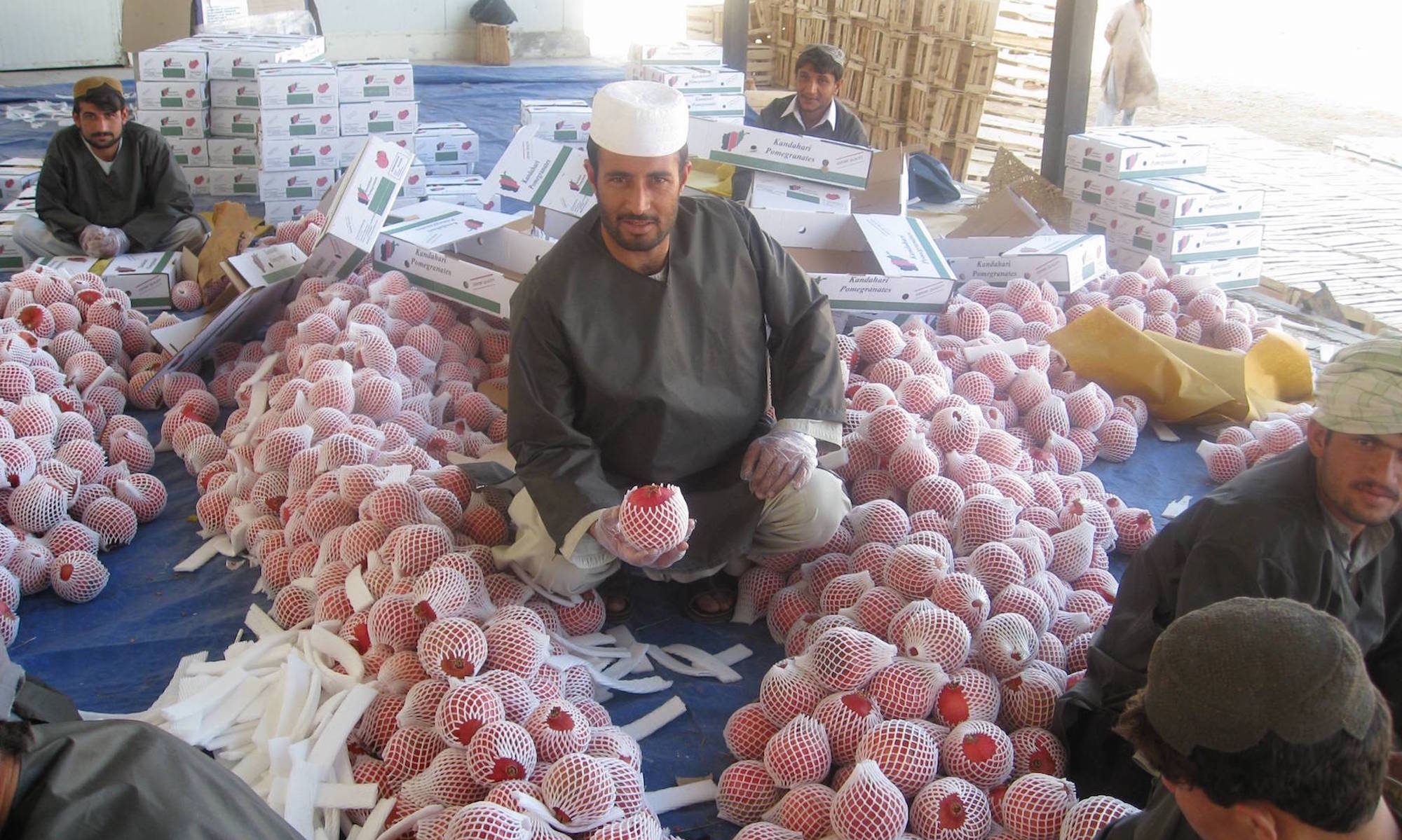This article examines the international community’s commitment, since the December 2001 Bonn Agreement, to build democratic institutions and practices at national and local levels in Afghanistan. The tensions between democracy promotion activities and the statebuilding exigencies of political stabilization are identified through an examination of the 2005 elections and creation of the National Assembly, Provincial Councils, and Community Development Councils. The analysis demonstrates the existence of multiple, competing agendas in Afghanistan, embodied in contradictory elements found in those institutions. Policy recommendations are advanced for forging a coherent statebuilding agenda that can garner the legitimacy needed to complete the important transition signalled by the Interim-Afghanistan National Development Strategy and the Afghanistan Compact, concluded in January 2006 in London.

INSCT Postconflict Research Database
The Institute for National Security and Counterterrorism's Postconflict Research Database & Analysis Project stores cross-indexed bibliographic information on hundreds of journal articles, books, book chapters, and case reports that address the broad, interdisciplinary fields of postconflict reconstruction, stabilization, and peacebuilding.